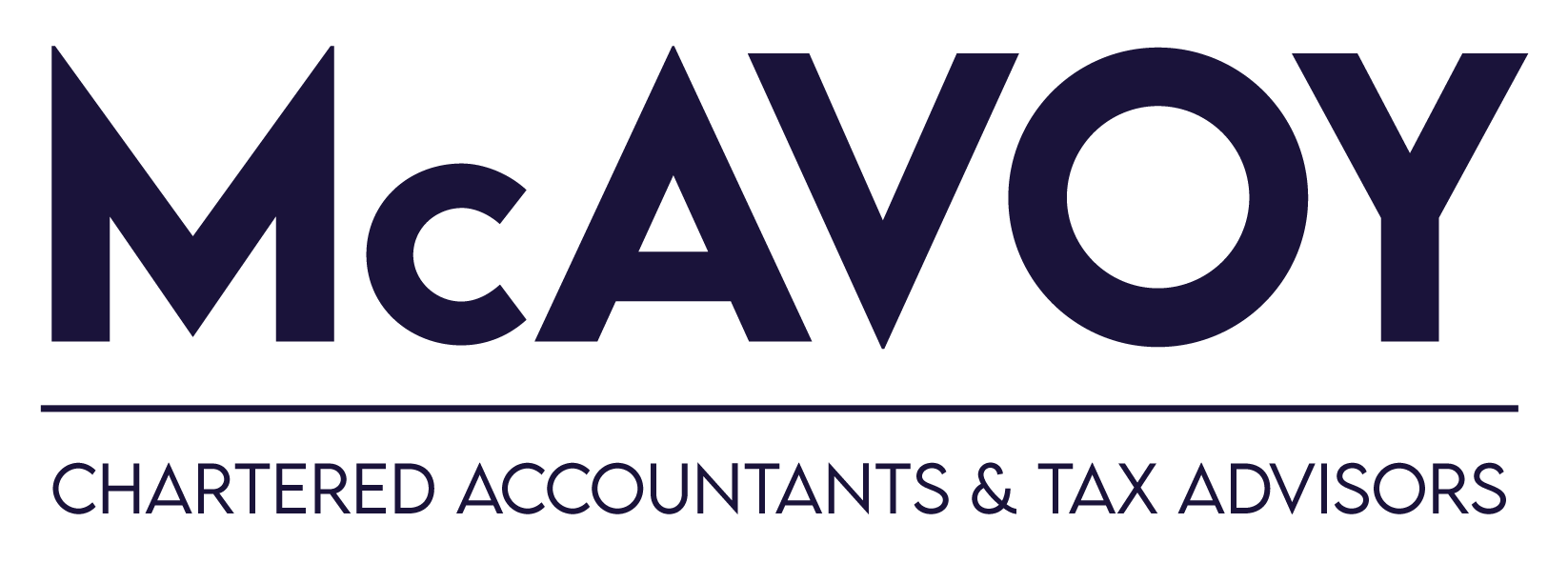You’ve developed quite a knack at spotting stock market talent and over the years have been making steady gains. The market rises and falls of course but that U.S. website you follow advises that you buy the dip and they’ve never been wrong yet.
Then suddenly it happens. U.S. bond yields rise precipitously, liquidity dries up in the emerging markets and before you can blink, Wall St. crashes by more than 40% right across the board. Chaos ensues and the internet is full of talk of impending hedge fund liquidations and of much worse to come. The memory of the crash brought about by the demise of Lehman Brothers comes flooding back.
The refrain of “buy the dip” is replaced by “run for the hills”. Almost instinctively you lift the phone and sell your largest holdings at a loss. Better to be safe than sorry. Besides, for tax purposes you can always set the loss against current year and future gains.
But next day the market recovers its nerve and stops crashing. Stocks begin to edge up and you feel foolish for having dumped high quality stocks in a panic. Why not buy back in and recover some value? So, you swallow your 40% loss and buy back in before the market rises any further, knowing that by claiming loss relief against your other gains Revenue will subsidise 33% of your loss.
Except they don’t.
After you file your tax return you receive a letter from your local Inspector of Taxes telling you that when a loss on a disposal of shares is followed by the reacquisition of shares of the same class within 4 weeks of the disposal, the loss is only allowable against gains on the disposal of the shares that you reacquired. Relief against your other gains has disappeared. Your loss has become locked.
And to cap it all, the Inspector is demanding interest and penalties on the tax that you have underpaid. Ouch!
The lesson from this story is that you can’t take for granted the tax rules on share investment. Some of these are counter-intuitive and can give rise both to missed opportunities and to unanticipated tax costs. Acting in a panic can easily lead to the situation where you are nursing both an investment loss and a tax bill.
By now you feel sick to hear that there are ways of avoiding tax pitfalls such as the one you have tumbled into. At this stage it’s best to move on and remember that rather than acting in a hurry it’s always best to contact an advisor before you give an instruction to a broker.
How we can help
The tax rules governing securities investing can be quite complex with the result that it’s not difficult to file an incorrect tax return. For further information on this topic, please contact us.
Copyright © 2020 McAvoy & Associates, All rights reserved.

